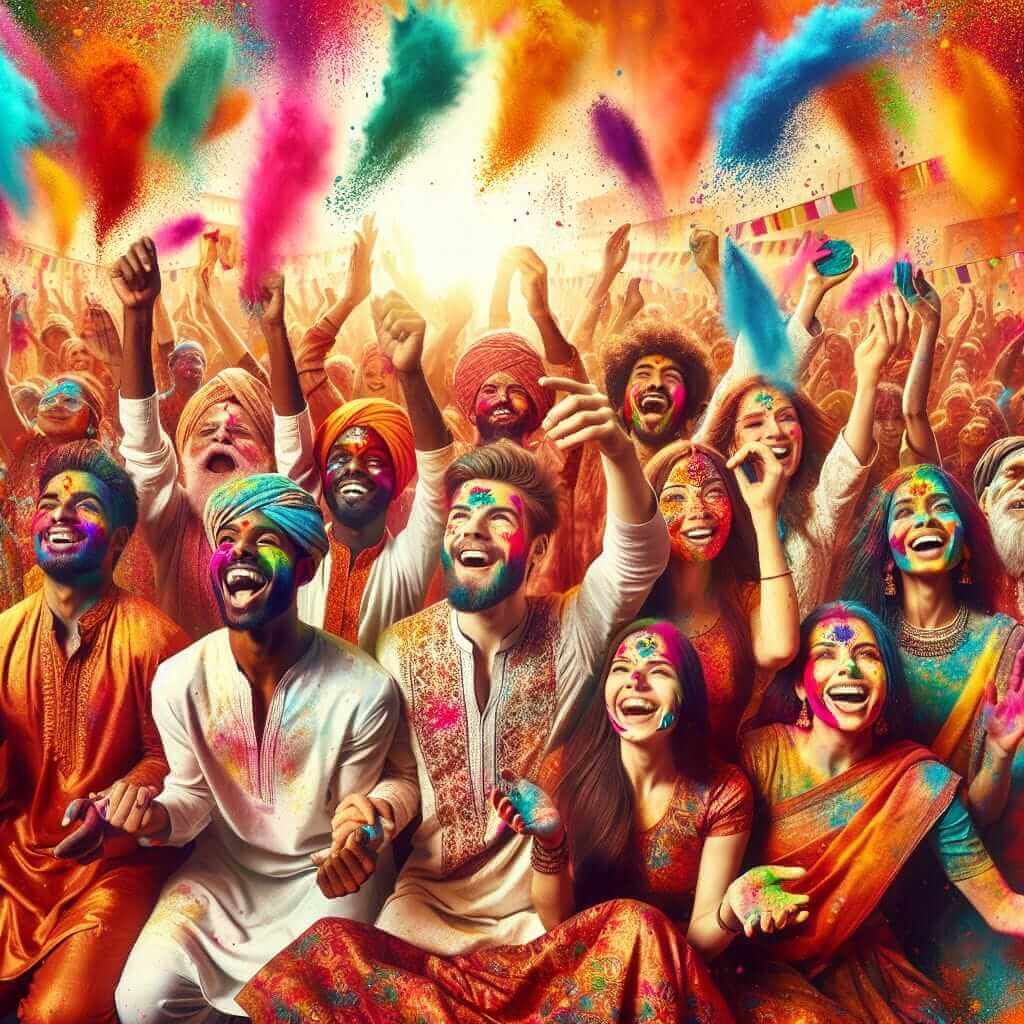The IELTS Speaking test assesses your ability to communicate effectively in English. The test is divided into three parts, and the examiner will evaluate your fluency, coherence, lexical resource, grammatical range, and pronunciation. Questions about cultural events are common in the IELTS Speaking test, as they allow examiners to gauge a candidate’s descriptive and explanatory skills. This article aims to provide you with a detailed guide to answering the question, “Describe a cultural event you have attended,” along with tips and sample answers to help you achieve a high score.
Part 1: Introduction and Interview
In Part 1, the examiner will ask straightforward questions to get to know you better. Here are some example questions and a sample answer:
Sample Question
- What is your favorite cultural event?
Sample Answer
“My favorite cultural event is the Lunar New Year celebration. It is a significant holiday in my country, characterized by family reunions, special foods, and various traditional performances such as lion dances and fireworks.”
Part 2: Long Turn
Cue Card
For Part 2, you will be given a cue card with a topic and bullet points to guide your answer. Here’s a sample cue card:
Describe a cultural event you have attended. You should say:
- What the event was
- Where it was held
- Who you went with
- What you enjoyed most about it
- And explain why it was meaningful to you
Sample Answer
“I would like to describe a cultural event I attended two years ago, which was the Holi Festival in India. The event was held in New Delhi, at a local temple and the surrounding streets. I went there with a group of friends who were also eager to experience a unique cultural celebration. One of the most enjoyable parts of the event was the vibrant colors. People were throwing colored powders at each other, creating a lively and joyful atmosphere. We also indulged in traditional Indian sweets like gulab jamun and enjoyed mesmerizing dance performances.
This event was meaningful to me because it was my first time witnessing and participating in a celebration that is rich in historical and cultural significance. Holi symbolizes the victory of good over evil and the arrival of spring. It was a heartwarming experience to see people come together, forgetting all their differences, to celebrate life. This event significantly broadened my understanding of Indian culture and traditions.”
Follow-Up Questions
-
How do cultural events impact society?
- “Cultural events play a crucial role in promoting social cohesion. They provide opportunities for people to learn about different customs, fostering mutual respect and understanding.”
-
Would you like to attend this event again in the future?
- “Absolutely. The Holi Festival left a lasting impression on me, and I would love to attend it again to experience the joy and cultural richness it offers.”

Part 3: Two-way Discussion
In Part 3, the examiner will ask more abstract and complex questions related to the topic in Part 2. This part is designed to assess your ability to express opinions, discuss issues, and analyze topics in depth.
Example Questions and Sample Answers
-
Why do you think cultural events are important for cultural preservation?
- “Cultural events are vital for preserving traditions and customs. They offer a platform for communities to showcase their unique heritage to younger generations and to the broader society. By celebrating cultural events, people keep their traditions live, ensuring that they are passed down through the ages.”
-
How do cultural events promote international understanding?
- “Cultural events often attract tourists and participants from different parts of the world. When people experience a culture firsthand, they gain a deeper understanding and appreciation for it. This can break down stereotypes and foster a sense of global solidarity and respect.”
-
What role do governments play in promoting cultural events?
- “Governments can play a significant role by providing funding, organizational support, and publicity for cultural events. By doing so, they help ensure these events are accessible to the public and can reach a wider audience. Governments can also facilitate cultural exchanges, allowing for the cross-pollination of ideas and traditions.”
Tips for High Scoring in IELTS Speaking
Here are some tips to help you excel in the speaking test:
- Practice Regularly: The more you practice, the more confident you will become. Use various topics to practice answering questions.
- Expand Your Vocabulary: Learn and use new words and phrases related to different topics. This will help you demonstrate a wide range of lexical resources.
- Speak Fluently and Coherently: Avoid long pauses and filler words. Structure your answers logically.
- Use a Range of Grammatical Structures: Show your ability to use different sentence types and tenses accurately.
- Improve Pronunciation: Make sure you pronounce words correctly and use stress and intonation to convey meaning effectively.
For more tips on how the IELTS Speaking test is conducted, you can visit How is the IELTS Speaking Test Conducted?.
By following these guidelines and practicing diligently, you can maximize your chances of achieving a high score in the IELTS Speaking test. Good luck!